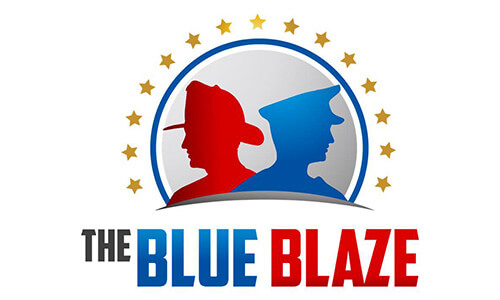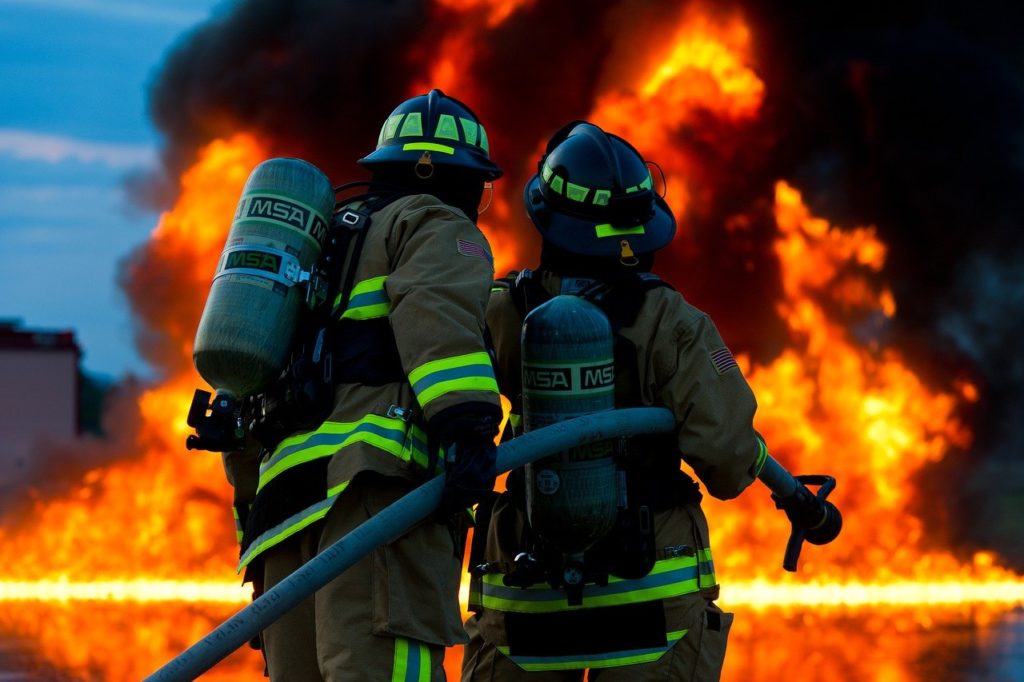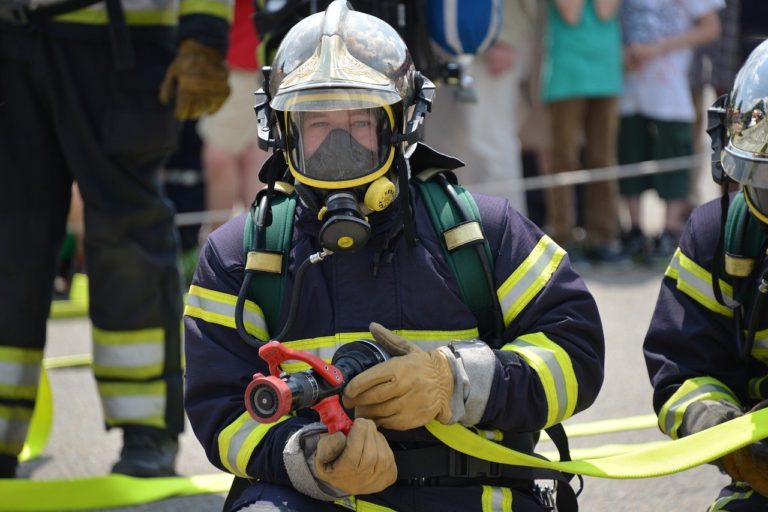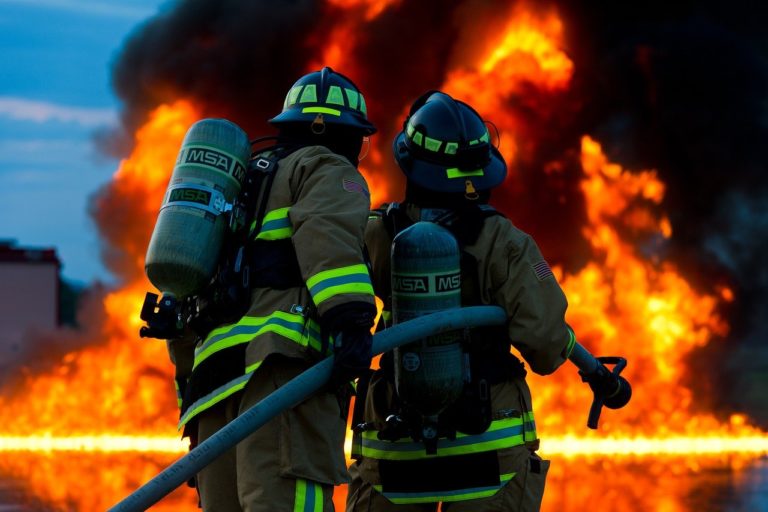Josh Baker just got home from a 50-day deployment to three California wildfires. Although his job wasn’t dangerous — he worked on a support team, making calls to track down equipment such as port-a-potties and bulldozers — the hours were long, the stakes were high and the work was exhausting.
He’s still feeling tense. “I’m anxious, nerves are kind of frayed, things that would normally not be a big deal — kind of water off a duck’s back — hit a little harder,” said Baker, a California Department of Forestry and Fire Protection (Cal Fire) fire captain who spoke to Stateline as a member of the agency’s union, Local 2881.
Being a wildland firefighter has always involved long hours, personal risk and weeks away from home. But this year has been something else: More than 4 million acres burned in California alone. Entire towns were torched in Washington and Oregon. Smoke was so thick the sky turned orange over West Coast cities.
Now state and federal officials and mental health experts are bracing for firefighters to come home and start processing what they’ve been through. It’s not uncommon for wildland firefighters, even in a less-intense year, to develop depression, post-traumatic stress disorder, unhealthy substance use or suicidal thoughts.
“When you almost die on a wildfire, away from your family and kids — that doesn’t go away,” said a U.S. Forest Service smokejumper who asked to remain anonymous for fear of reprisal from his employer. “I know people who wake up in the middle of the night, and in their dreams they’re getting burned over by a fire, because they almost did.”
This year feels like a breaking point for many firefighters, said Mike West, who resigned as a fire dispatcher for the U.S. Forest Service this summer after 17 years working various fire-related jobs for the agency. His resignation letter, which detailed his struggles with post-traumatic stress, has been widely shared online.
“People are burned out,” West said. “They’re incredibly tired. And I think it’s been building for several years, and this is the year people are finally being more open [about mental health].”
State and federal agencies are trying to connect employees with counselors, chaplains and tools for managing trauma. But union officials and mental health experts say state and federal lawmakers must also fund more firefighter jobs and improve pay and mental health benefits, with severe fire seasons set to increase because of climate change.






